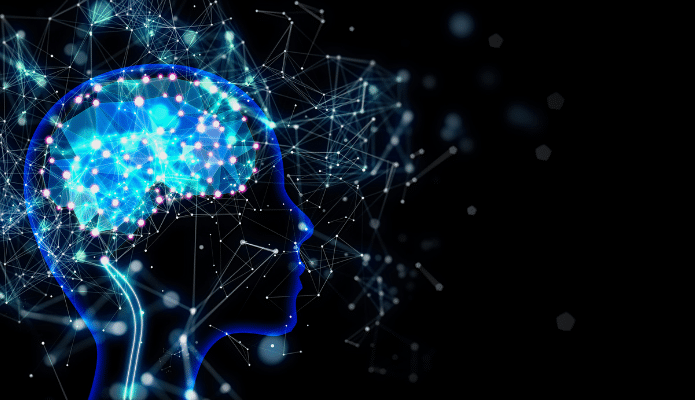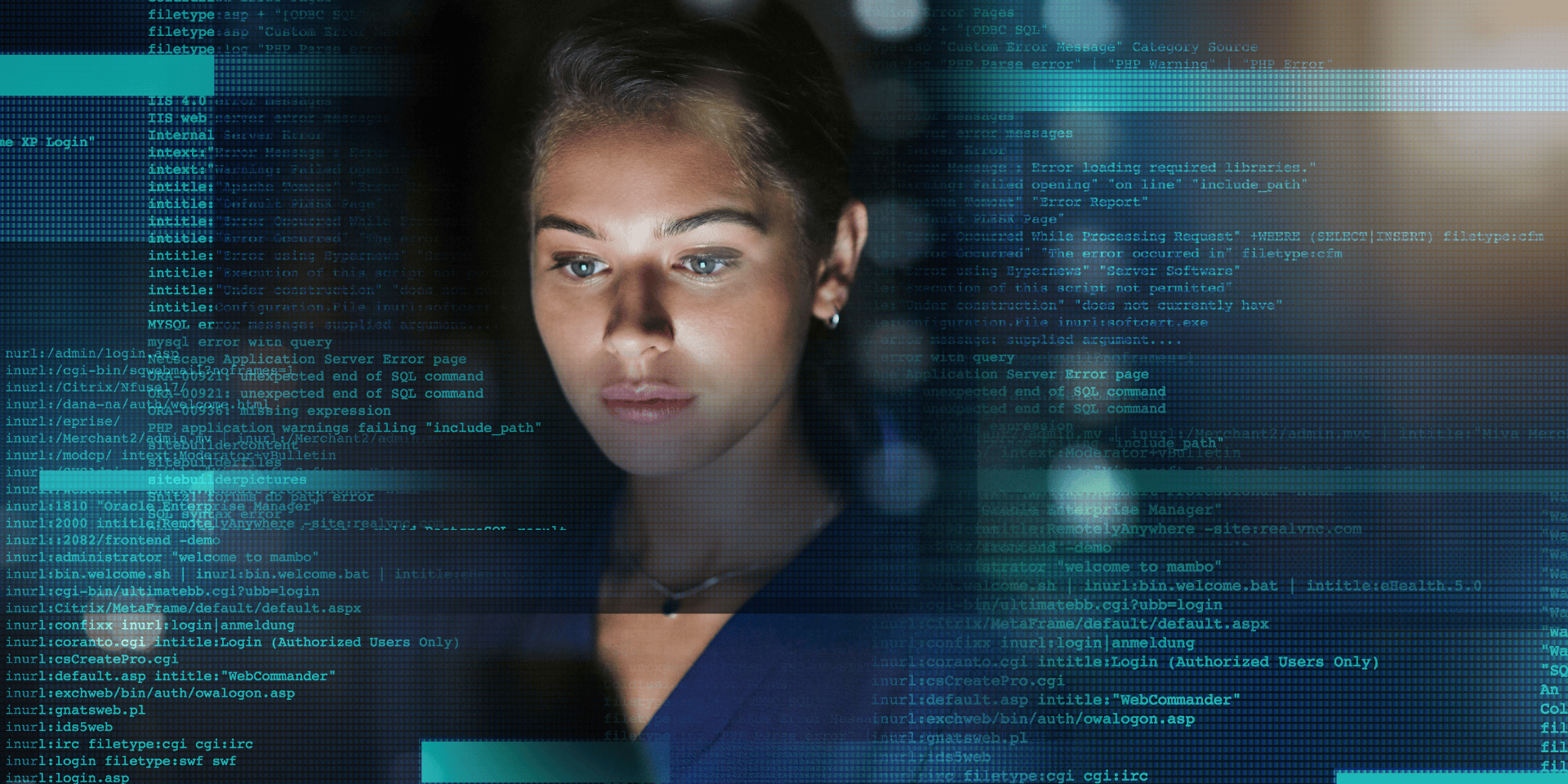Artificial Intelligence (AI) is arguably one of the largest emerging technology trends at the moment, with advancements being made all the time. Historically, there has been a large amount of concern about the prospect of AI taking jobs away from humans. There are many uncertainties about the potential of AI and how far it could go, and naturally this unknown causes worry. However, the impact of AI and the advancements being made could have a huge benefit to many jobs worldwide. In this article, we look at the possible ways AI could impact the future of jobs in technology.

The rise of AI
A recent survey by the WEF of more than 800 companies across the world found that 75% of them were planning to adopt some form of AI tech in the next five years. The huge increase in the popularity of AI is due to the sheer momentum of the technological advancements being made. AI allows manual tasks to become automated, and in turn enables businesses to increase their efficiency and productivity. The most common form of AI and the one which is seeing the fastest growth is generative AI. This is the process of algorithms processing and outputting data based on their previous learnings. You may have heard of ChatGPT – this is one of the most talked-about generative AI programmes.
Learn more about Mira Murati, the female CTO of ChatGPT here.
The impact AI will have on jobs
A recent report by Goldman Sachs has predicted that AI could replace the equivalent of 300 million jobs. That might sound like a scary figure, but when you consider the fact that AI will also create millions of jobs too, it’s clear to see why so much investment is being made into the technology.
Software Developers
One of the many things which companies are using generative AI systems to do is to write code. Through the help of Generative AI systems, developers have the ability to create complex code systems in a fraction of the time that it currently would take. Software Developers therefore could feel threatened that their job would be replaced by this technology. However, generative AI can take out the mundane, repetitive nature of writing and checking code and can allow software developers to focus more on higher level performance reliability and developing advanced user interfaces.
Designers
Another way that AI algorithms can be used is to automate tasks used in graphic design. Similarly to software developers, designers will find that using AI in their everyday life will ultimately improve processes and take away mundane tasks, allowing them more time to focus on complex designs and branding. For example, AI can take the pain out of producing the same graphics in different sizes, formats or even languages by performing these tasks in no time at all. For UX designers, AI can use facial and voice recognition technologies to help understand the users and therefore make recommendations for improvements to site design and usability.
Within technology specifically, AI is unlikely to replace many jobs at all and instead will enhance the way in which we operate on a day-to-day basis. However, it is true that some more admin-based job roles will likely be in lower demand once businesses have AI infrastructure in place. Job functions like customer service, finance administrative tasks, data entry and some aspects of legal research will see a drop in demand due to AI performing these tasks automatically and much more quickly.
There is virtually no industry that AI won’t touch, and the more routine / repetitive a job is, the more likely that AI will eventually learn how to do that job much quicker than a person can. However, on the whole, the possibilities that AI has to enhance and improve processes are huge. So, the future of jobs and AI is not all bleak, with plenty of new opportunities to be created.






